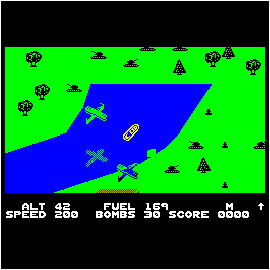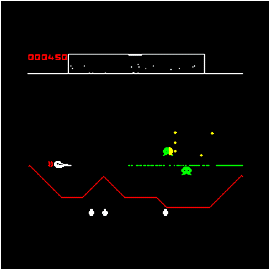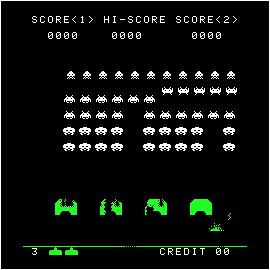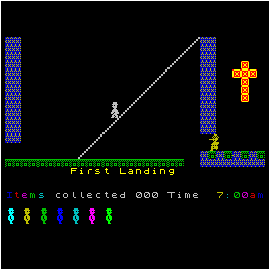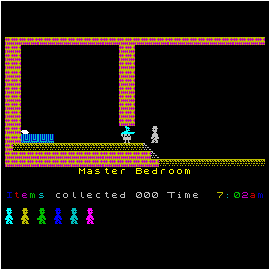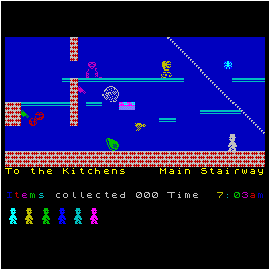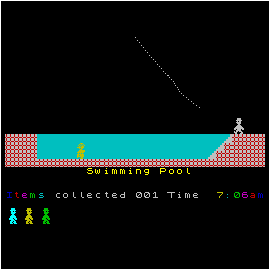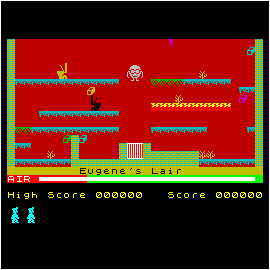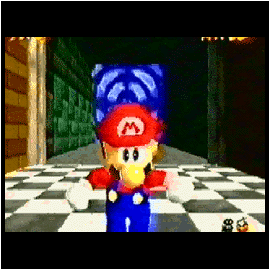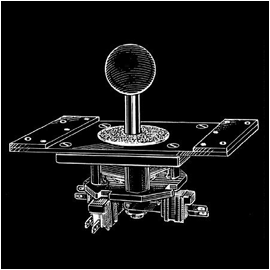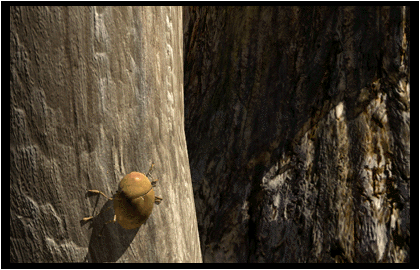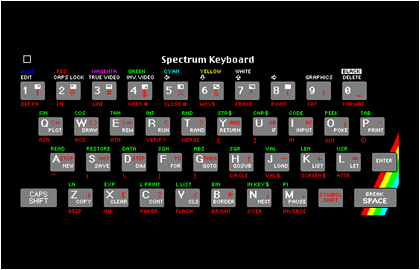From Kindergarten to Total Carnage
ISEA 98 Conference: Terror Programme
Manchester Metropolitan University, Sunday September 6 1998
Programming Note: During the last few months of my time at the Jan van Eyck Akademie, I’d become increasingly interested in the idea of a historiography of video games, and had begun writing about the emerging idea of documenting what was then becoming a very large industry for the home console market. The main output of this was the Live. Die. Eat. Cheat. article I produced for Eye Magazine, but I was fortunate enough to be able to publicly speak a number of times on the subject too.
Not much remains of my presentation at ISEA98, but I was able to find my original slides, and the abstract still exists online, which I’ve gathered together here. I’ve always had a love affair with the city of Manchester, and to this day this is the only time I’ve ever been there, with some regrets that I didn’t stay longer. The organizers had us stay in student hall accommodations, and I remember watching New Order play the Reading Festival on the TV in a pub on one of the 2 evenings I was there.
I recall I also had to come back to London early, as I had a job interview on that Monday, at a design firm in Camden, where I unexpectedly got some of the best career advice from one of the young art directors who interviewed me. He said “You’re qualified for this job, and we’d love to have you, but you shouldn’t take this job, and we’re not going to offer it to you. Go and get something better, you can do it.” I remember this moment very vividly, and it’s something that I often think about. I can’t remember the name of the studio, or the name of the interviewer, but I’d love to be able to thank him one day.

Abstract
As the Emperor’s daughter at the start of David Lynch’s epic “Dune” suggests, “a beginning is a very delicate time”, and this is really the position I found myself in whilst attempting to prepare for this presentation.
Where, within a discussion of the issues surrounding the production and use of computer games, a theme still very much in its infancy, do you begin? Perhaps I should start from my own experience of this phenomenon as, now being one of the twentysomething generation, I feel as if my generation has really been the first to witness, in an almost chronological fashion, the birth, growth, and subsequent world domination of the computer game. From early arcade adventures with the blocky graphics of Space Invaders or Defender, identifying with the Pac Man and his ever increasing appetite for small blue pixels, or just trying to get that elusive backspin in Pong, these early games relied almost exclusively upon the strategy, quick-wittedness and sheer gameplay of the competitors, such were the limitations of the graphics hardware at the time.
But, for the young adolescent, who had faithfully given up his pock et money in order to enter the virtual world of saving the Earth (again), for however brief a time, it was money well invested. Now of course, these early games can be looked back upon with a sense of quite curious nostalgia, but what is it perhaps which makes today’s computer games (to paraphrase Richard Hamilton) so different, so appealing? How is it that the ‘idea’ of the computer game works?
Abstract Notes
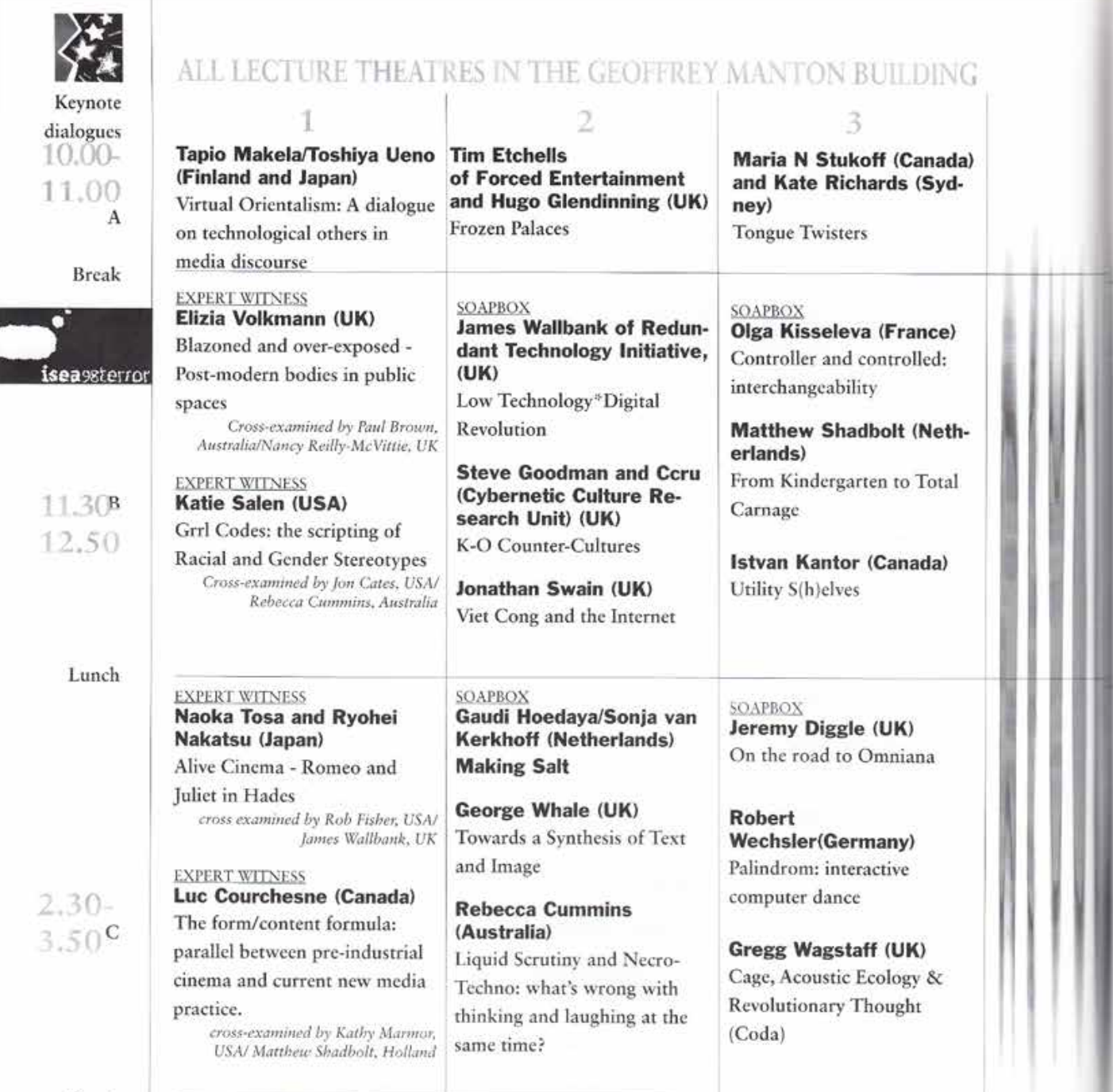
The program notes also mention that I moderated a panel on ‘The Form / Content Formula: Parallel between pre-industrial cinema and current new media practice’. I have no memory of this.









